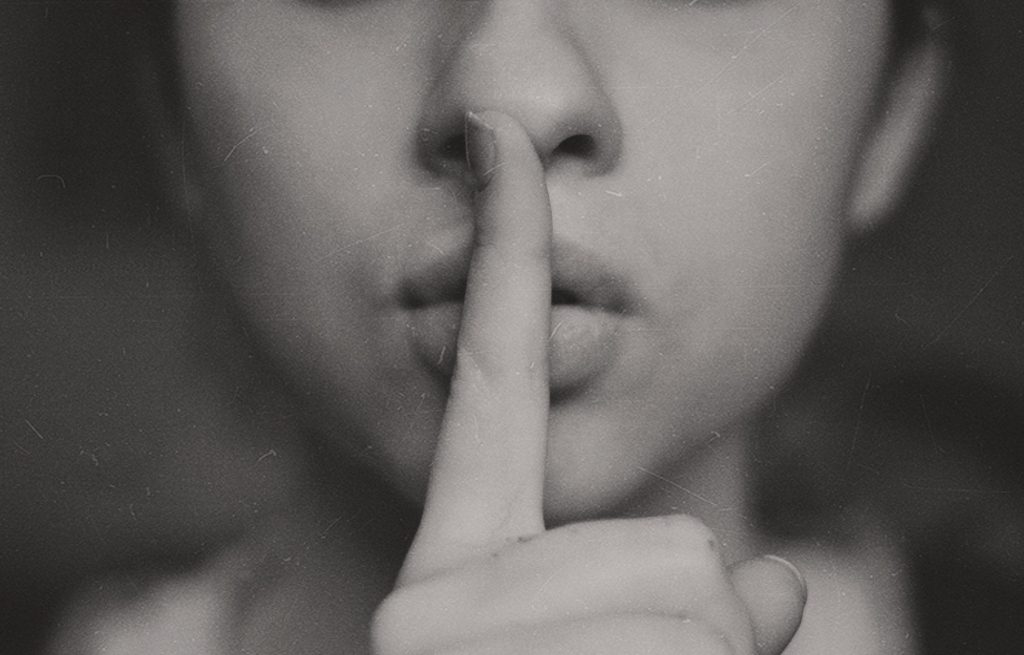I know that grief is a difficult topic and we don’t discuss it much in the open. Yet, there isn’t one person not affected by grief in some way. What’s so sad and even shameful in western culture (or any other culture perpetuating this shame and secrecy) is that we aren’t allowed to show our sadness from loss in public. At least not comfortably. Ever! And that needs to change. Because it isn’t only sadness we feel in grief. It’s a host of other emotions and difficulties we experience that can and do end up ruining people’s relationships, careers, finances and even families.
Unless and until we start acknowledging grief more publicly and educate ourselves and others about all the ramifications of even just one loss (research shows that one suicide affects at least 7-10 people), the subject of grief will go on being that dirty little secret no one wants to acknowledge or talk about in western culture.

Perhaps this is because it’s too shameful and humiliating for people feeling so vulnerable and lost in their grief to share how they are feeling with others. Certainly, some types of death contribute to this isolation more than deaths that are expected and easier to deal with as a whole (i.e. aged parents and grandparents who lived a good life and died peacefully). Perhaps it’s because the loss has been so difficult on the griever, they don’t ever want to think about it again (nice try but it won’t work). Perhaps it’s because grievers instantly sense and have been conditioned to expect that nobody is interested in their problems (all too true). Perhaps it’s because those new to loss or even those buried in it for years, have no idea they are still grieving and long ago, scolded themselves to get over their loss (again, nice try but it won’t work).
For these reasons, and many more (because grief is just so complicated and invasive), adequate support systems, information and educational materials are not available to help the griever right out the gate after loss and ongoing through their grief that may last years. Beyond perhaps, crisis workers or other first responding professionals directing the newly bereaved to find a funeral home, a general support group if one exists in the area (you may even find out about it from the funeral home) or a specialized group that runs a targeted program once a year to deal with a specific loss (i.e. suicide support group), there isn’t enough help out there for grievers. At least not in Canada (and I suspect this may be true for many countries). Dependent on where you live (rural, small town) there may be nothing at all. (I won’t get into the appalling lack of support for children in this post.)
YOUR RIGHTS

As a griever, you have rights. While these may not be recognized as legally-based, they are human-based. Ensuring you are treated with the dignity you deserve throughout what may be the most difficult time in your life after a loss, claiming your rights in grief starts with self-awareness. As such and in no particular order:
 1. You have the right to be respected at all times in your grief. By everyone! This includes family, friends, employers, co-workers, medical professionals and anyone else you interact with who is aware of and supporting you in your loss.
1. You have the right to be respected at all times in your grief. By everyone! This includes family, friends, employers, co-workers, medical professionals and anyone else you interact with who is aware of and supporting you in your loss.
 2. You have the right to obtain medical services anytime for anything that is bothering you that may well be related to your grief (you just may not know it). For example, stress creates a host of physical ailments that may not be diagnosed. Repeat doctor visits can make you feel silly and make you think you are wasting your doctor’s time. You’re not! Most medical professionals want to help people in grief, but don’t always know what symptoms to look for. Be honest with your doctor about what you are going through.
2. You have the right to obtain medical services anytime for anything that is bothering you that may well be related to your grief (you just may not know it). For example, stress creates a host of physical ailments that may not be diagnosed. Repeat doctor visits can make you feel silly and make you think you are wasting your doctor’s time. You’re not! Most medical professionals want to help people in grief, but don’t always know what symptoms to look for. Be honest with your doctor about what you are going through.
 3. You have the right to ask for workplace accommodations that will support you in your grief (a medical note may be required). These may be temporary or alter over time. Whatever support you feel you need, you have the right to ask for it. Remember, many symptoms of grief are mental-health related. Companies and bureaucracies have their own health policies. Get to know your employer’s. It takes guts to ask for what you need. Fear about losing your job or feeling the stigma of being vulnerable can hold you back. Consult the parties responsible for enforcing these policies to ensure you know your rights. It’s scary, but I believe that most employers want to help their employees in need, but don’t often understand the needs of someone coping with grief.
3. You have the right to ask for workplace accommodations that will support you in your grief (a medical note may be required). These may be temporary or alter over time. Whatever support you feel you need, you have the right to ask for it. Remember, many symptoms of grief are mental-health related. Companies and bureaucracies have their own health policies. Get to know your employer’s. It takes guts to ask for what you need. Fear about losing your job or feeling the stigma of being vulnerable can hold you back. Consult the parties responsible for enforcing these policies to ensure you know your rights. It’s scary, but I believe that most employers want to help their employees in need, but don’t often understand the needs of someone coping with grief.
 4. You have the right to disagree with anyone about anything you are feeling, no matter where you are in your grief. Whether it’s a friend, loved one, therapist or anyone else, what you feel is valid. It counts. It’s also likely to change, so don’t waste your time holding any grudges or staying angry. As they say, this too, shall pass.
4. You have the right to disagree with anyone about anything you are feeling, no matter where you are in your grief. Whether it’s a friend, loved one, therapist or anyone else, what you feel is valid. It counts. It’s also likely to change, so don’t waste your time holding any grudges or staying angry. As they say, this too, shall pass.
 5. You have the right to self-care. It is not only your right, but highly desirable (as you’ll find out) to administer self-care in grief. While you may think this is selfish and contrary to whatever self-punishment you are enduring, by honouring your body, spirit and mind in pain, you will speed up your healing. Life in grief does get better, but you must not forget about the most important person in your loss experience. You! As they say in the skies: put on your oxygen mask first. Likewise, in grief. The more you remember to take care of you, the better support you can be to others. This does not mean ignore your children, partner or other family members. It means, always remember you in whatever you are going through. Treat yourself when you feel like it or for a goal achieved. Don’t feel guilty when you feel a smidgeon of happiness or admonish yourself for feeling hopeful about the future.
5. You have the right to self-care. It is not only your right, but highly desirable (as you’ll find out) to administer self-care in grief. While you may think this is selfish and contrary to whatever self-punishment you are enduring, by honouring your body, spirit and mind in pain, you will speed up your healing. Life in grief does get better, but you must not forget about the most important person in your loss experience. You! As they say in the skies: put on your oxygen mask first. Likewise, in grief. The more you remember to take care of you, the better support you can be to others. This does not mean ignore your children, partner or other family members. It means, always remember you in whatever you are going through. Treat yourself when you feel like it or for a goal achieved. Don’t feel guilty when you feel a smidgeon of happiness or admonish yourself for feeling hopeful about the future.
While this list is not exhaustive, it’s what helped me through the many trials and tribulations of my earliest grief to years later, including having to go on disability from my workplace despite the many accommodations that were previously made available to me. Through it all, I have found my way to the freedom I currently enjoy living life on my terms. Though the journey is far from over, understanding and claiming my rights in grief has empowered me to always find the courage to make the changes to my life that are necessary to support my ongoing healing.
Claiming your rights in grief starts with self-awareness about what you need and have a right to, and finding the courage to ask for this help. It is my firm belief from the many professionals I have met and talked or worked with that people are understanding and do want to help. Asking for their support can be done graciously, but firmly in a way that helps to educate them about your ongoing needs that require their continued support.
For more information on products and services visit vonnesolis.com.



